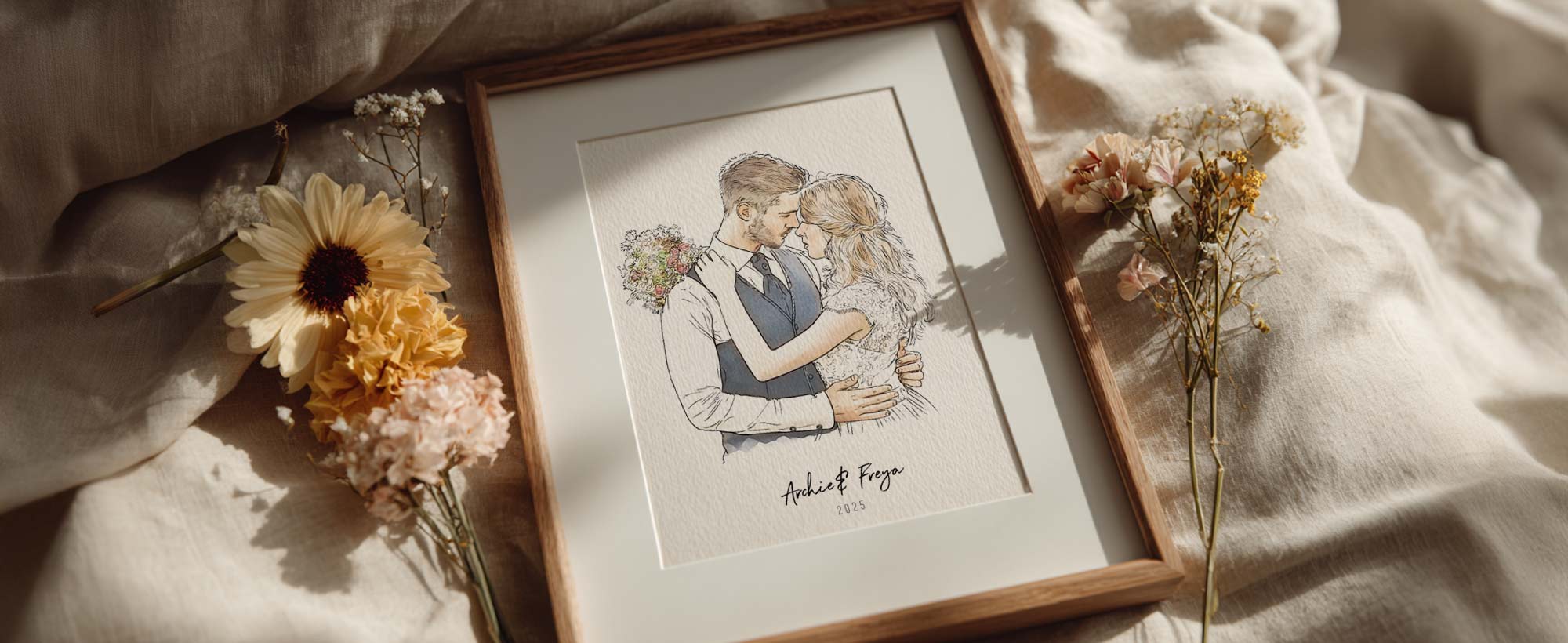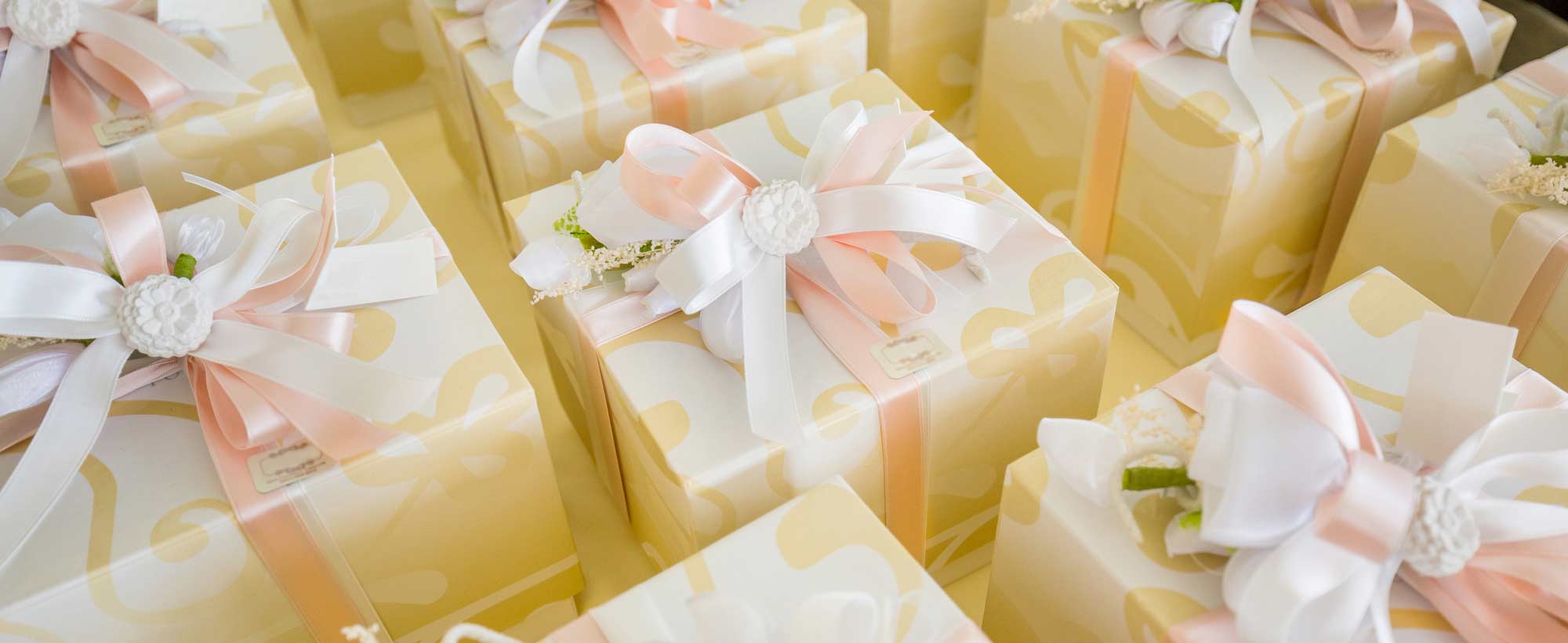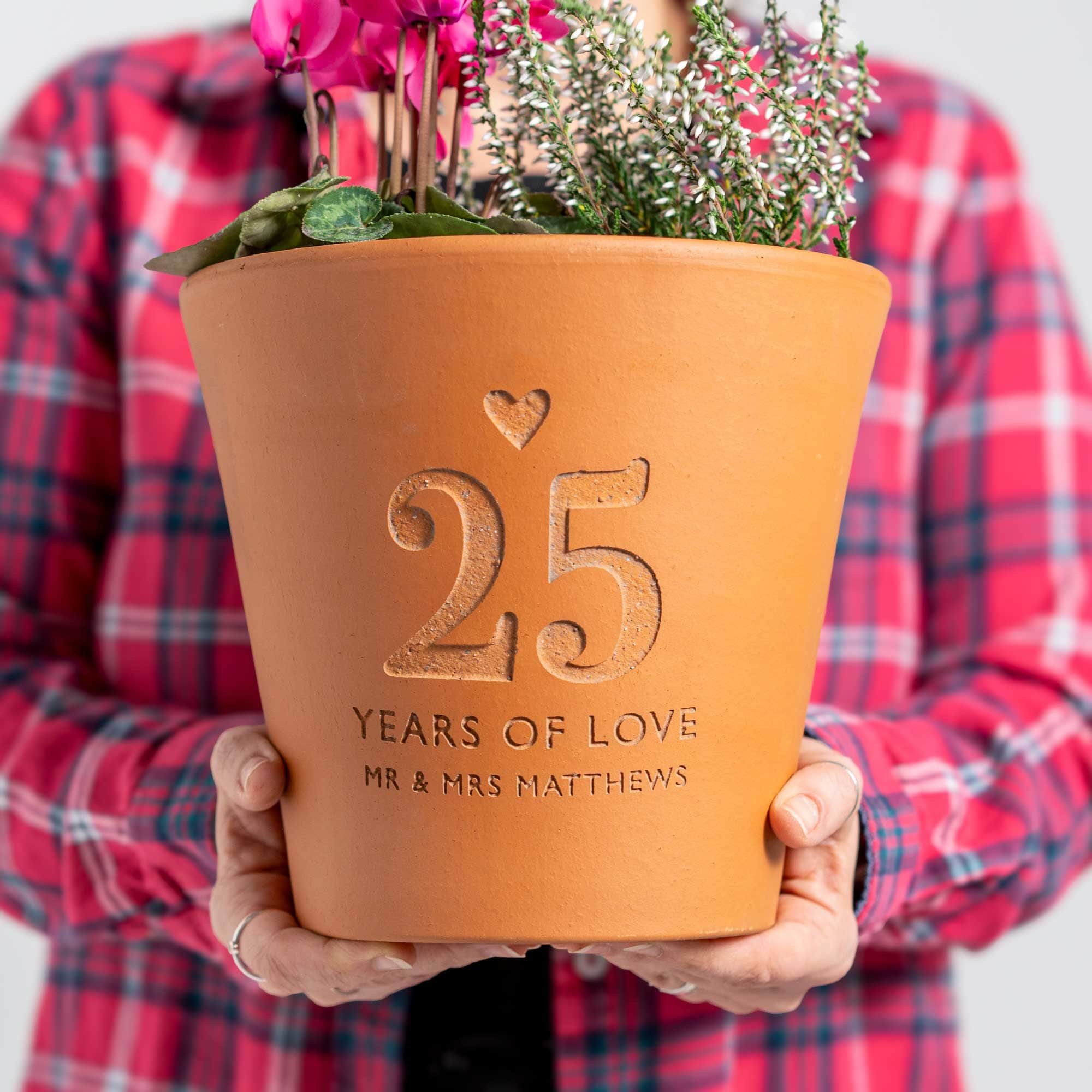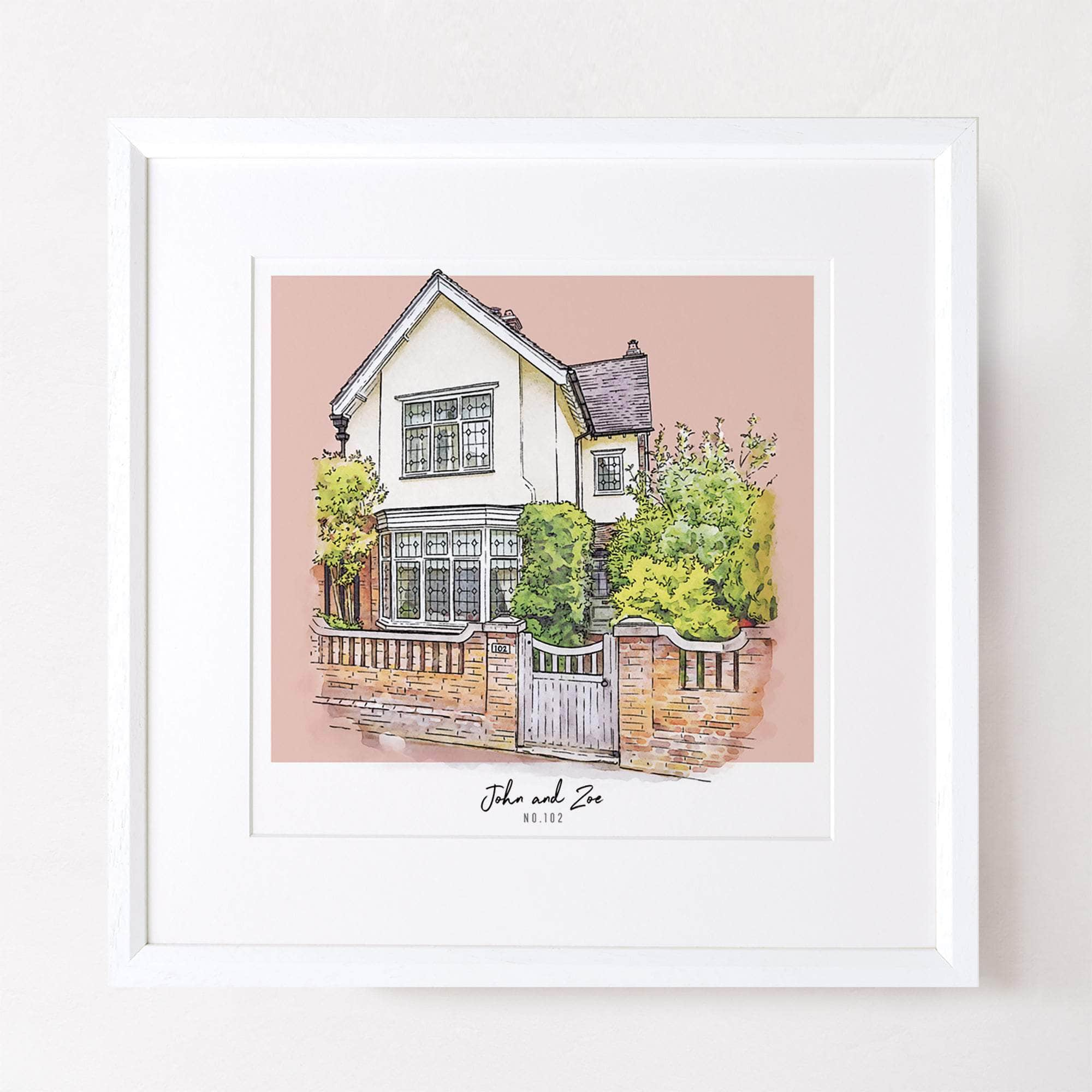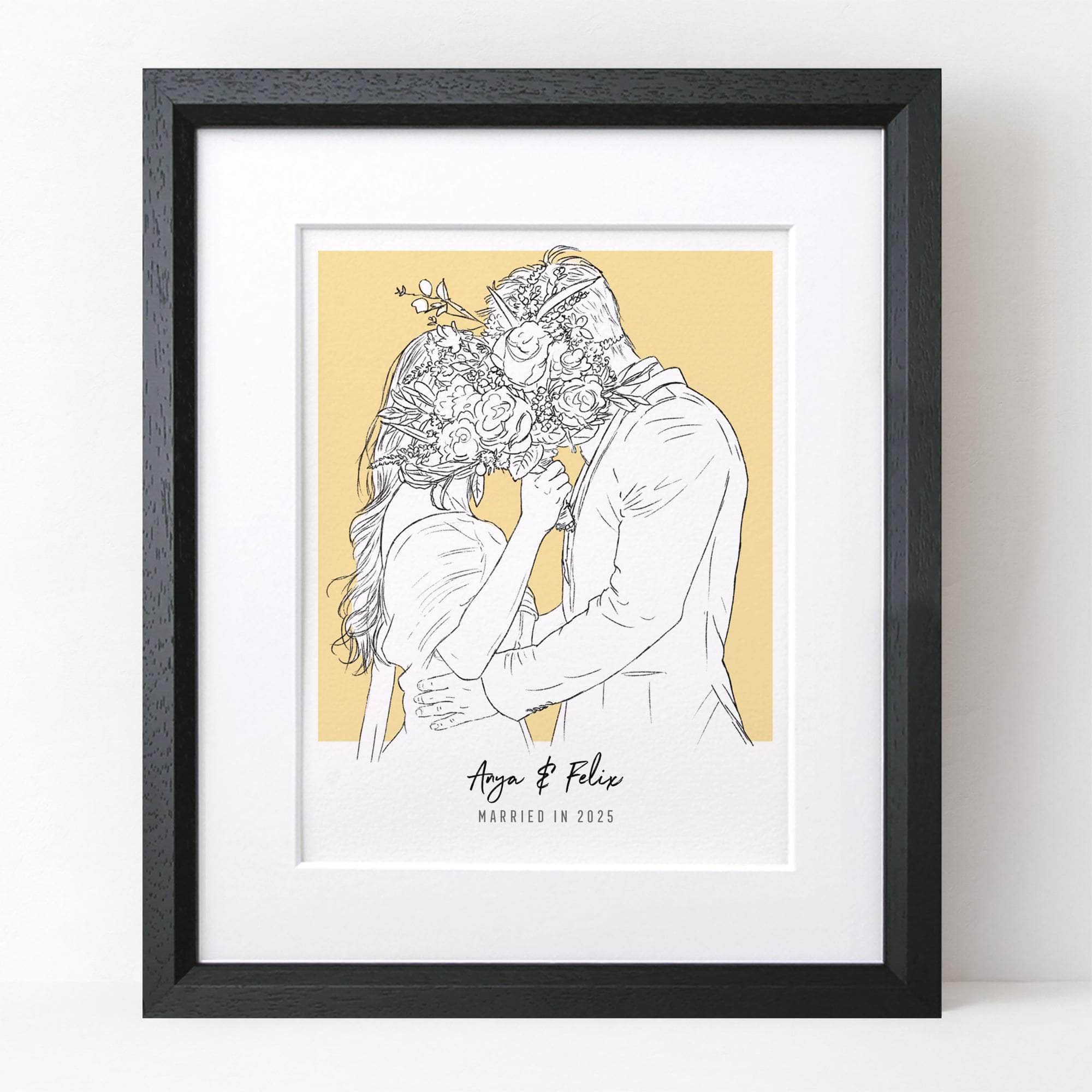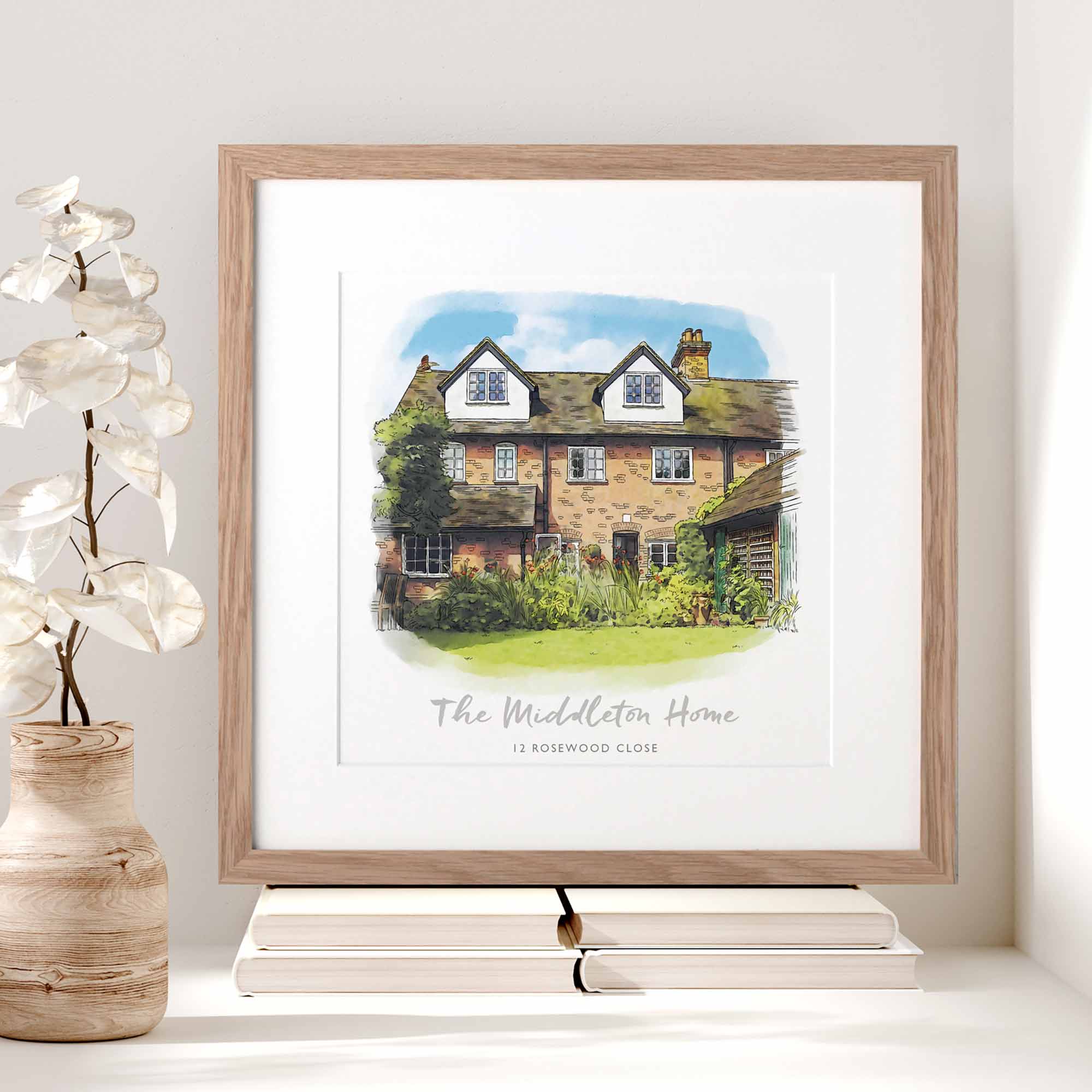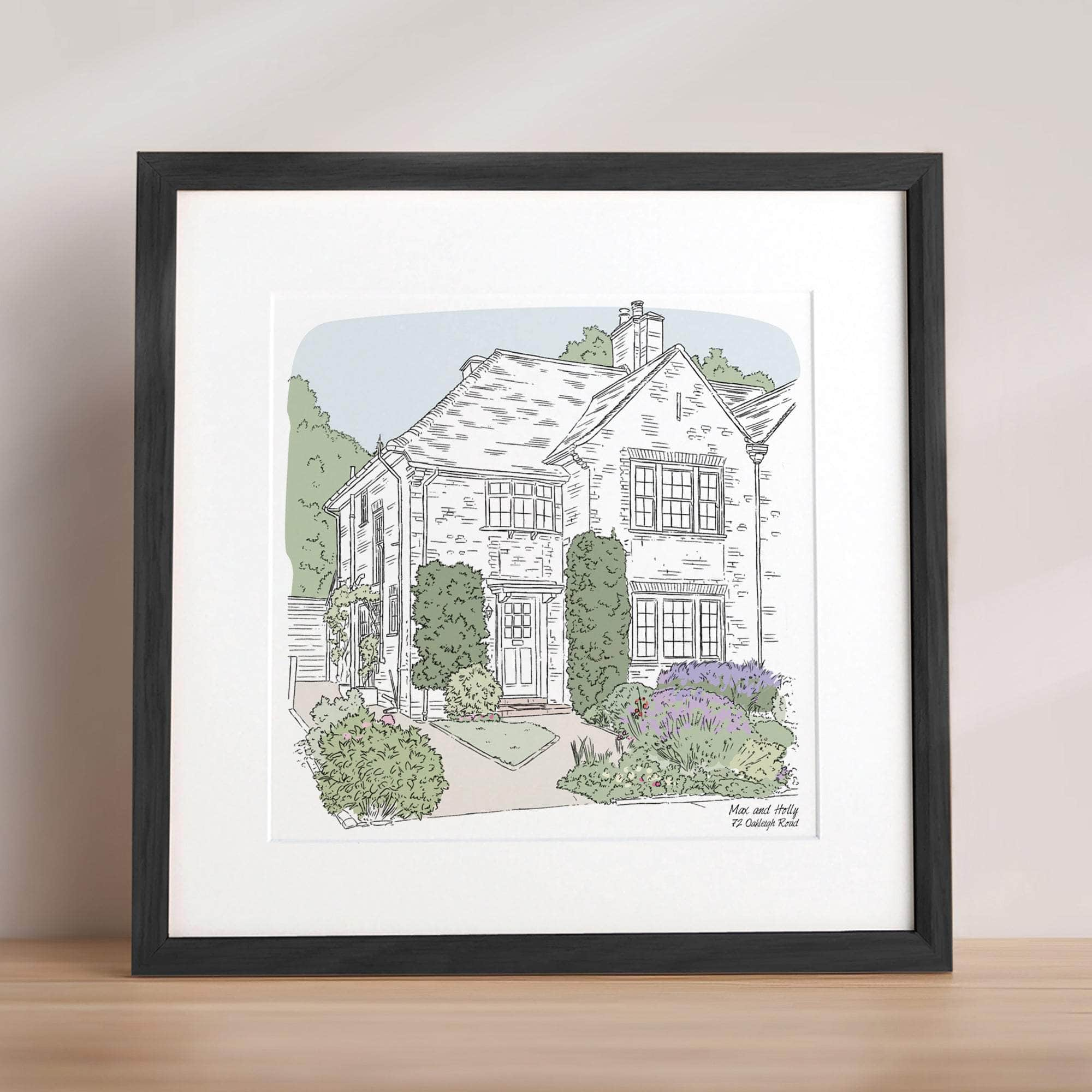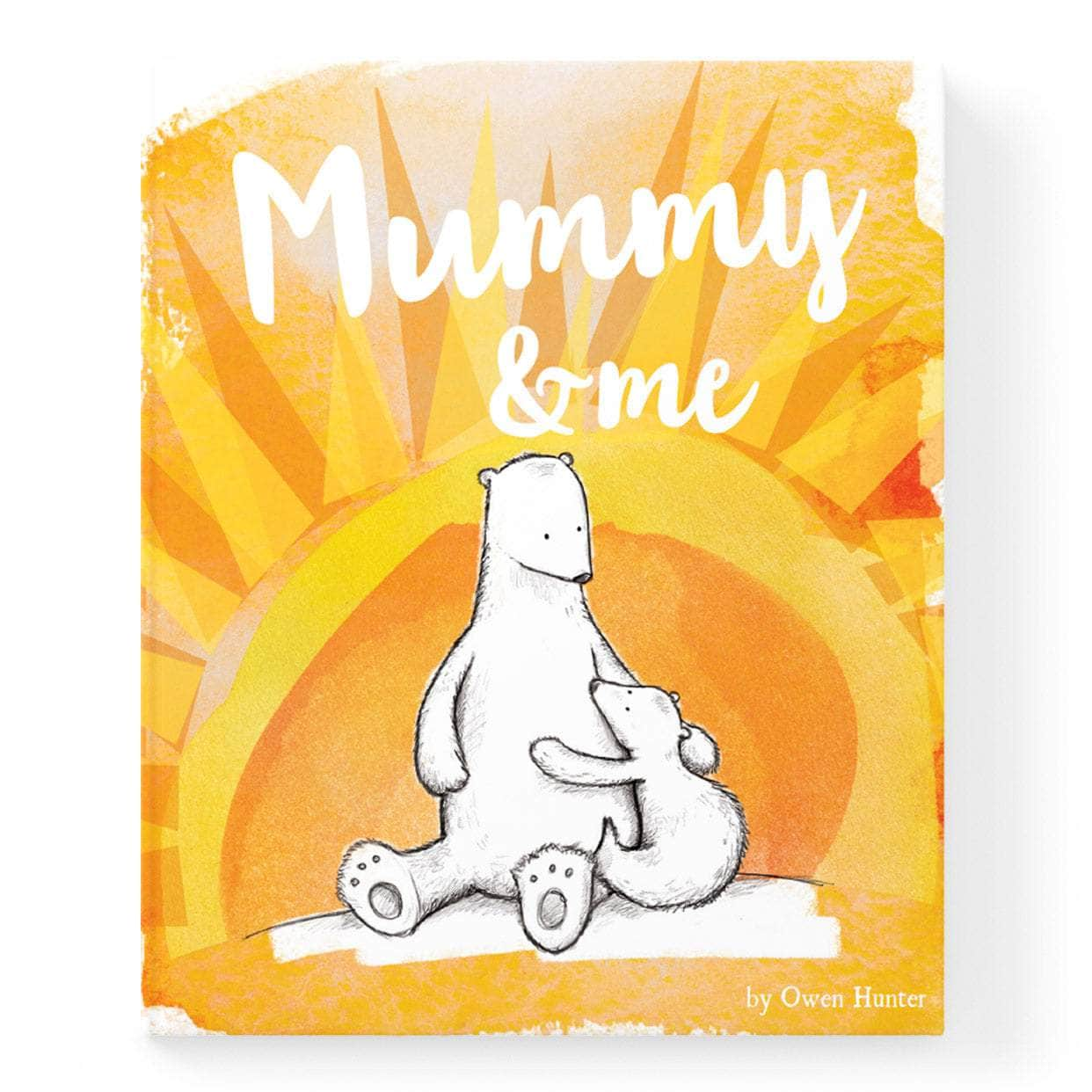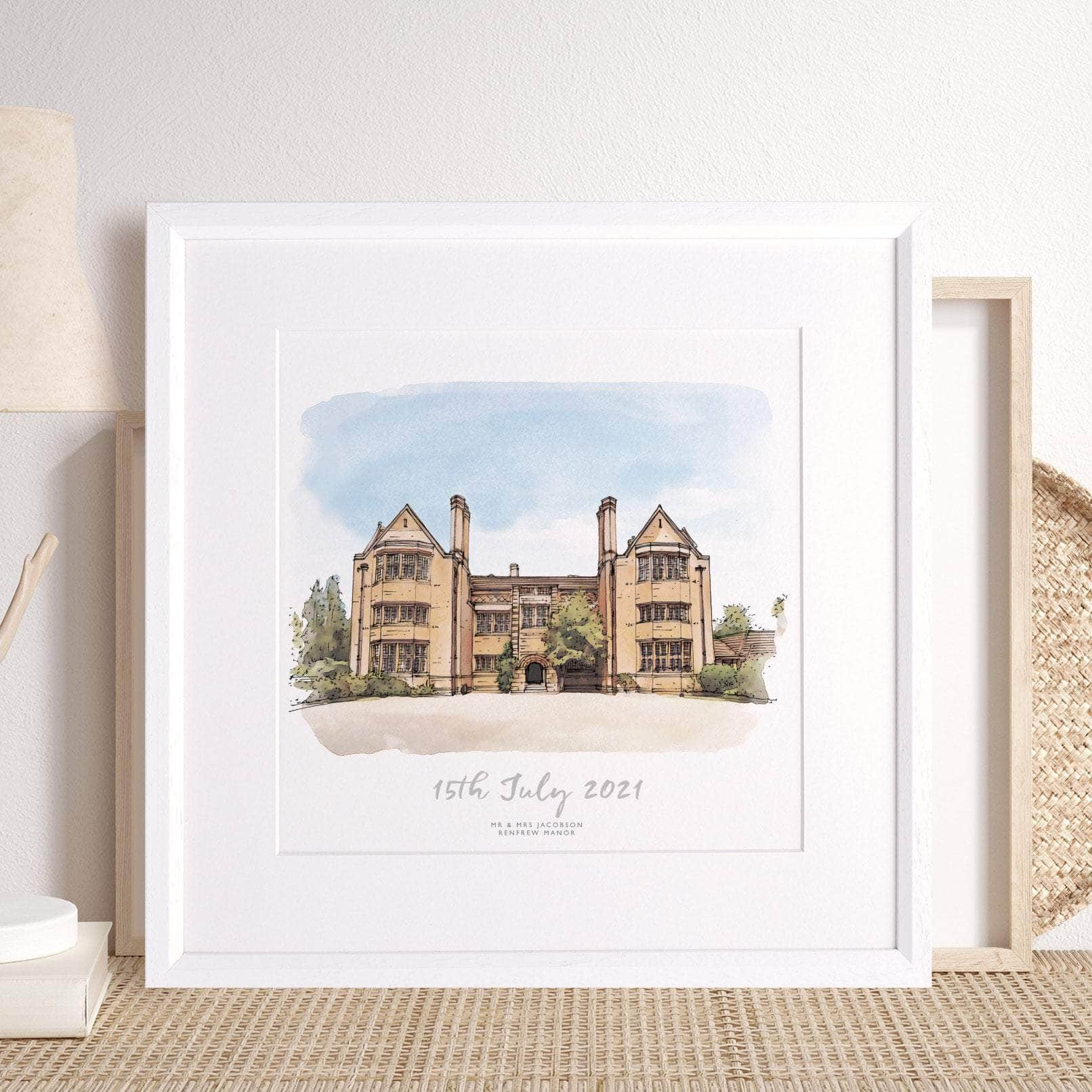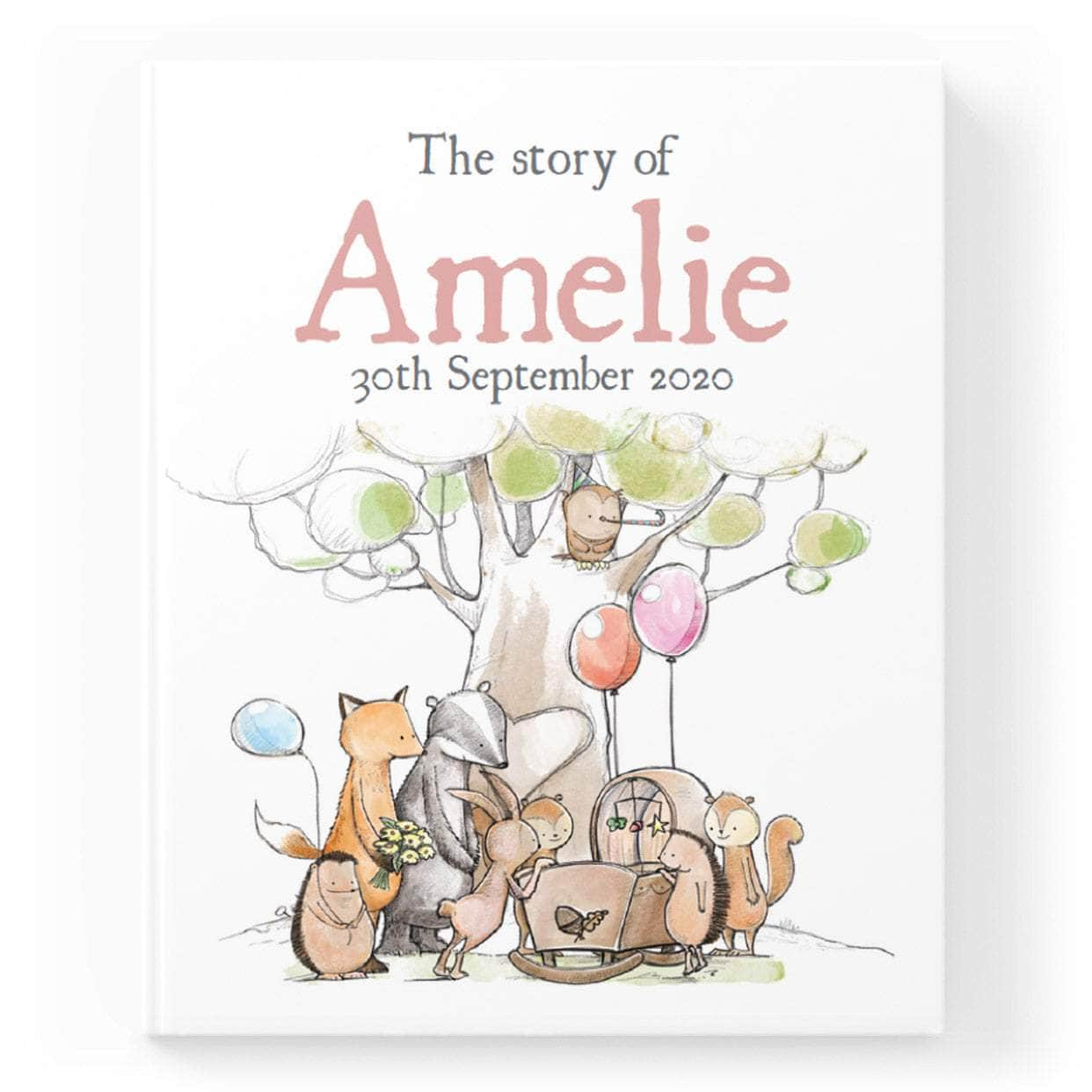Birthflowers
We are all aware of the signs of the zodiac and many of us have heard of birthstones, but how many of us can say we know what our birth flower is?
There’s a birth flower for every month of the year and each has a set of characteristics and qualities which are said to be shared with the people who are born within that month.
This makes knowing your birth flowers a very useful trick to have up your sleeve when buying birthday presents.
Below we've compiled a list of all the birth flowers and the attributes each one is said to have.
January - Carnation

The Carnation represents hope, love and devotion. Anyone lucky enough to have a friend or loved one born in January can expect a loyal and dedicated friend. It's one of few flowers which flourish in the cold winter months and has a sweetly fragrant flower.
February - Primrose
 Modesty, Faithfulness and love. An early spring flowerer, The name originates from the latin “Prima” meaning first. Primrose can be found growing wild in hedgerows and fields across England.
Modesty, Faithfulness and love. An early spring flowerer, The name originates from the latin “Prima” meaning first. Primrose can be found growing wild in hedgerows and fields across England.
March - Phlox
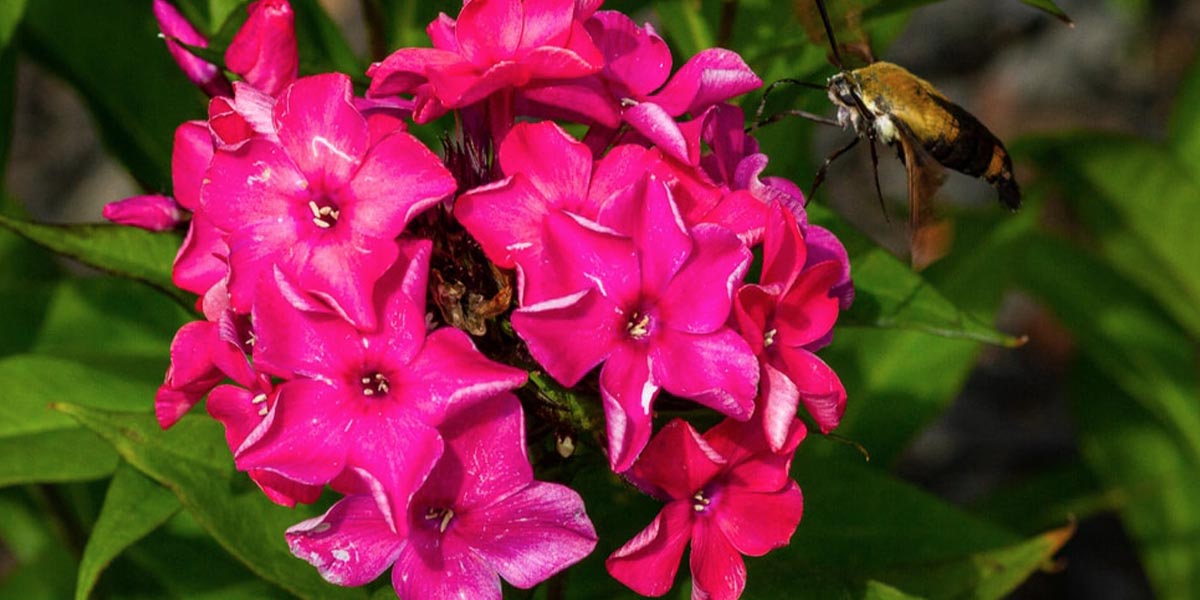 New Beginnings and Prosperity. Originally from North America, Phlox were used by Native Americans for a variety of purposes including meditation and medicine. Phlox are robust and easy to grow in many conditions.
New Beginnings and Prosperity. Originally from North America, Phlox were used by Native Americans for a variety of purposes including meditation and medicine. Phlox are robust and easy to grow in many conditions.
April - Daisy
 Bliss, Purity, Innocence. It's easy to see why the pure white flowers of the daisy represent purity and innocence. The name originates from “Days-eye” referring to the daisy opening in the morning to take in the day then closing again at sunset.
Bliss, Purity, Innocence. It's easy to see why the pure white flowers of the daisy represent purity and innocence. The name originates from “Days-eye” referring to the daisy opening in the morning to take in the day then closing again at sunset.
May - Lavender

Sweetness and Hope. Who can resist the calming sweet aroma of lavender? Purple has long been associated with royalty and also conveys feelings of luxury and refinement.
June - Cornflower
 Romance and happiness. Such a vivid blue hue is rare in an English Garden. It was said that cornflowers were worn by men who were in love. Apparently, the flower fading quickly was a sign that the love was not returned.
Romance and happiness. Such a vivid blue hue is rare in an English Garden. It was said that cornflowers were worn by men who were in love. Apparently, the flower fading quickly was a sign that the love was not returned.
July - Larkspur
 Positivity, Dignity, purity. A classic English summer flower. Also called delphinium, the name comes from the greek word for dolphin, which the plants flowers are said to resemble.
Positivity, Dignity, purity. A classic English summer flower. Also called delphinium, the name comes from the greek word for dolphin, which the plants flowers are said to resemble.
August - Poppy

Strength and imagination. Poppies have long held associations with spirituality, medicine, politics and culture. As well as reminding us of fallen war heroes they are also a symbol of resurrection and new life.
September - Aster
 Love and affection. These flowers are ideal as a gift for those born in September as they bloom all year round. The name aster is derived from the greek word for “star” and it's clear to see why when you look at the shape of the flower.
Love and affection. These flowers are ideal as a gift for those born in September as they bloom all year round. The name aster is derived from the greek word for “star” and it's clear to see why when you look at the shape of the flower.
October - Marigold
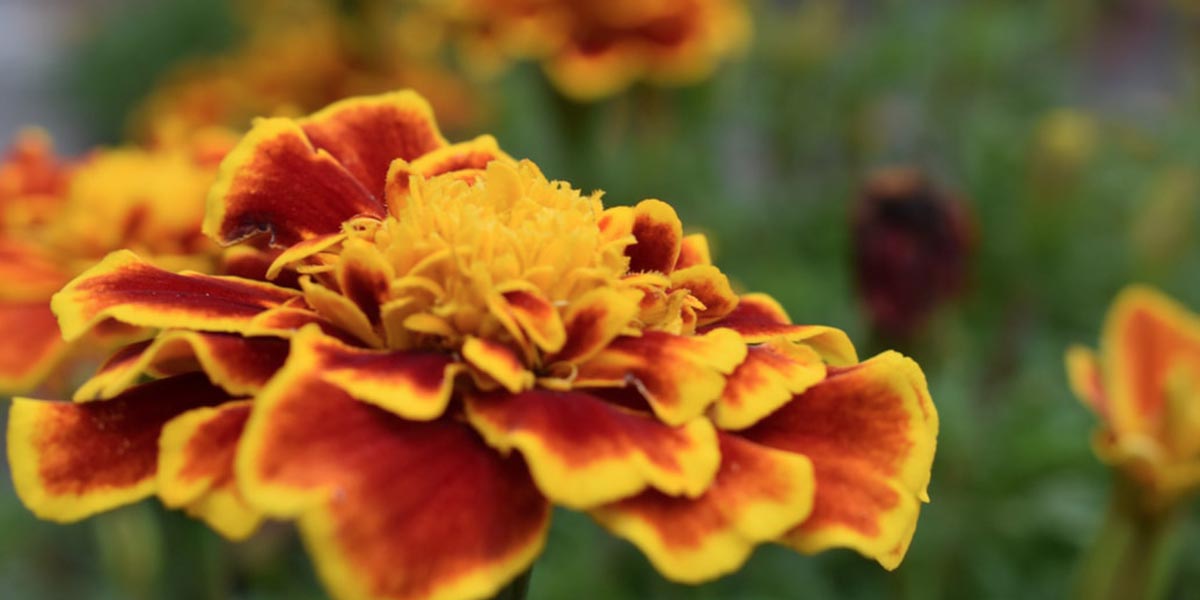 Creativity and passion. As a beacon of vivid colour in what can otherwise be a drab autumn flower-bed, it's easy to see why marigold is linked to passion and intensity.
Creativity and passion. As a beacon of vivid colour in what can otherwise be a drab autumn flower-bed, it's easy to see why marigold is linked to passion and intensity.
November - Chrysanthemum
 Loyalty and honesty. Another flower which brings much needed colour as we enter the winter. The chrysanthemum has long been celebrated for its variety and versatility and makes an ideal cut flower for indoor displays.
Loyalty and honesty. Another flower which brings much needed colour as we enter the winter. The chrysanthemum has long been celebrated for its variety and versatility and makes an ideal cut flower for indoor displays.
December - Sage
 Hope, wealth, protection. Part of the mint family, Sage has a sweet earthy flavour which, as well as being attractive to look at, make it a robust ingredient in cooking. The name originates from the latin “Salvere” meaning “to be saved”.
Hope, wealth, protection. Part of the mint family, Sage has a sweet earthy flavour which, as well as being attractive to look at, make it a robust ingredient in cooking. The name originates from the latin “Salvere” meaning “to be saved”.
The best mother of the bride gifts she’ll cherish
Weddings come with chaos - and often, a mum who holds it all together. This guide explores thoughtful, lasting Mother of the Bride gifts that go beyond the cliché. Think hand-crafted illustrations, personalised mementos, and thank-you gifts with genuine emotional weight.
What to buy for a 1st wedding anniversary
The first anniversary deserves more than a card. Explore thoughtful paper gifts - like custom portraits and wedding venue art - that tell their unique love story.
7 thoughtful & personalised wedding gifts
Make your wedding gift unforgettable. Discover 7 unique and personalised presents that capture love, laughter, and their journey together - from custom portraits to meaningful keepsakes.

